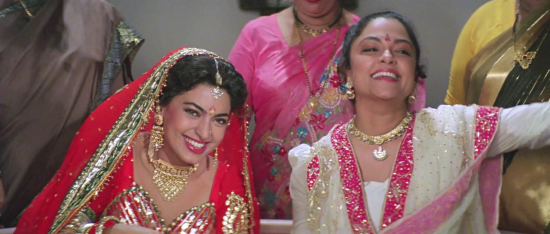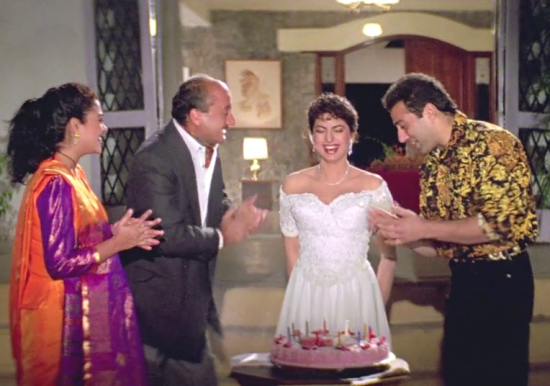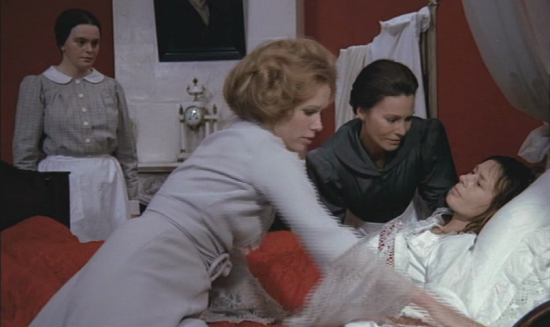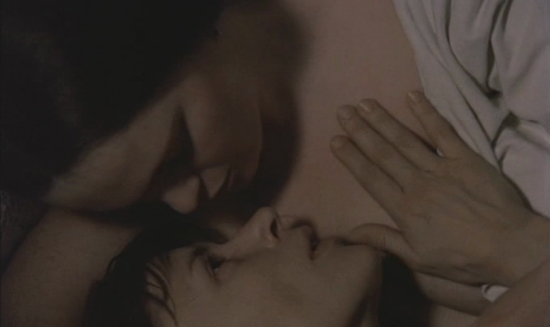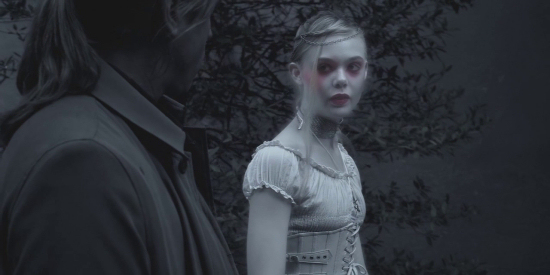Lack of assertiveness isn't usually my problem, so I'm trying to figure out why I didn't speak up in class to-day when the teacher told the class steel was invented in 1855. I think he was referring to
the Bessemer process, which, introduced in 1855, drastically reduced the expense of producing steel, though steel had been produced for centuries before that, and obviously they wouldn't have had decent long swords in the Middle Ages if steel hadn't existed.
Of course this relates back to the quiz question for Charles Dickens' Hard Times, which was published in 1854. Though as I might have pointed out if I wasn't so tongue-tied, and I was able to access pages in my Kindle faster, Dickens writes at the beginning of Book I, Chapter 14;
Time went on in Coketown like its own machinery: so much material wrought up, so much fuel consumed, so many powers worn out, so much money made. But, less inexorable than iron, steel, and brass, it brought its varying seasons even into that wilderness of smoke and brick, and made the only stand that ever was made in the place against its direful uniformity.
Considering I was guessing on the quiz based on the name "Coketown", and I didn't actually "know", maybe it's just as well. And textiles seems to be the primary thing, since Stephen Blackpool worked at a loom, and there's a lot of brilliantly disgusting description of the dye tainted river.
Down upon the river that was black and thick with dye, some Coketown boys who were at large - a rare sight there - rowed a crazy boat, which made a spumous track upon the water as it jogged along, while every dip of an oar stirred up vile smells.
Though there's actually a lot more description of the blackened brick and "interminable serpents of smoke" that "trailed themselves for ever and ever, and never got uncoiled." Not by-products of carding, weaving, and dying.
I got half credit on my answer about Stephen Blackpool's problem, which did indeed have to do with "Money and his difficult relationships with other people," but it was pretty vague. I was surprised how close it was to a right answer, actually, when I came to the chapter where Bounderby explains Stephen can't get divorced because getting divorced at the time was extremely expensive.
This would be a good time to mention what I thought of the book, which I finished reading yesterday—mainly I liked it. It's set in an industrial town called Coketown and centres on two parodies of utilitarianism, "hard facts" men by names of Gradgrind and Bounderby, who essentially run the town. Dickens uses his story of the personal lives of these men, their family, and their workers to create an argument against utilitarianism. It's not, in itself, a great argument. I don't think a real utilitarian would have agreed with Gradgrind's insistence that rugs not have floral designs sewn into them because one doesn't put tables on top of flowers. In fact, Gradgrind's assertion on that point and several others goes flatly against logic.
But in terms of a story, Dickens' talent for describing people, particularly in subtle ways through their actions, is incredibly keen and much improved from Oliver Twist. He seemed to have realised by that point that it's the flawed, more morally ambiguous characters like the Artful Dodger and Nancy, and the ridiculous, like the Beadle, that made the book work and not annoyingly perfect little Mr. Twist.
Victorian morality is a big flaw in Hard Times and I can see why Oscar Wilde took so much issue with Dickens. The character of James Harthouse, who seems to meet with such stern disapproval from Dickens, almost resembles one of Wilde's heroes--he's an aristocrat whose general indolence seems stronger than any end of the moral compass can pull. It's interesting how well the character comes off, anyway, and it is a virtue of Dickens that he often doesn't allow his morality to intrude on his character portraits.
On the other end of it, Gradgrind's son, Tom, seems to get some inexplicable tolerance and love, despite being established as a pretty thoroughly hateful little blackguard.
Tom, though, perhaps best exhibits what Dickens was trying to do in terms of showing how utilitarianism stunts the soul, and there's real insight, it seems to me, in the way Tom, essentially having been home-schooled, finds himself as an adult a selfish creature utterly devoid of empathy.
Less effective is Gradgrind's daughter Louisa, and this is a rather crucial point of failure in the book since so much of the plot turns on her. She's raised like Tom, only on "facts, facts, facts," and when her father relays Bounderby's proposal for marriage, she agrees to it because she has no real concept or interest in love or the importance of it. She assents because she knows it can be of practical use in supporting her brother. Later we're meant to see how her inexperience with matters of the heart leads to her falling under the spell of Harthouse. Though, here's a point where I think Harthouse is dealt with unjustly, because although his eventual anger in being thwarted in his wooing seems largely to do with his pride, I still got the impression he had affection for her, and I don't see how that adultery is meant to be taken as wrong while at the same time we're supposed to see Stephen Blackpool's situation as a demonstration of the system's unfairness. Would it be so wrong for Louisa to divorce Bounderby and have a relationship with Harthouse? What if he did leave her at some point. Wouldn't that be precisely the experience which she is supposed to be lacking?
Anyway, Louisa's never established roundly enough to my satisfaction. We can see she's naive, we can see she's immature on crucial points. But unlike Tom, who works his way through Bounderby's offices like a mercenary, we don't see what Louisa's hardcore schooling was meant to do for her. We don't even know what she does in her spare time that leaves absolutely no room for "fancy".
I found myself thinking of the various useless hobbies middle class and upper middle class women were expected to have in Victorian England, like making pin cushions with carefully embroidered messages on them that were never meant to be used as pincushions, or crafting ornamental frames for matchboxes. Surely an eminently practical upbringing wouldn't allow for such things. So what did Louisa do? I'm really left with the impression that Dickens had only a vague idea of what women of his class did when they weren't doing things for men.
But it is an enjoyable book. Its portrait of Bounderby as a loudmouth hypocrite who props up a fiction of "self-made men" that creates misery for everyone is brilliantly funny and bearing an insight into human behaviour too relevant to-day.




